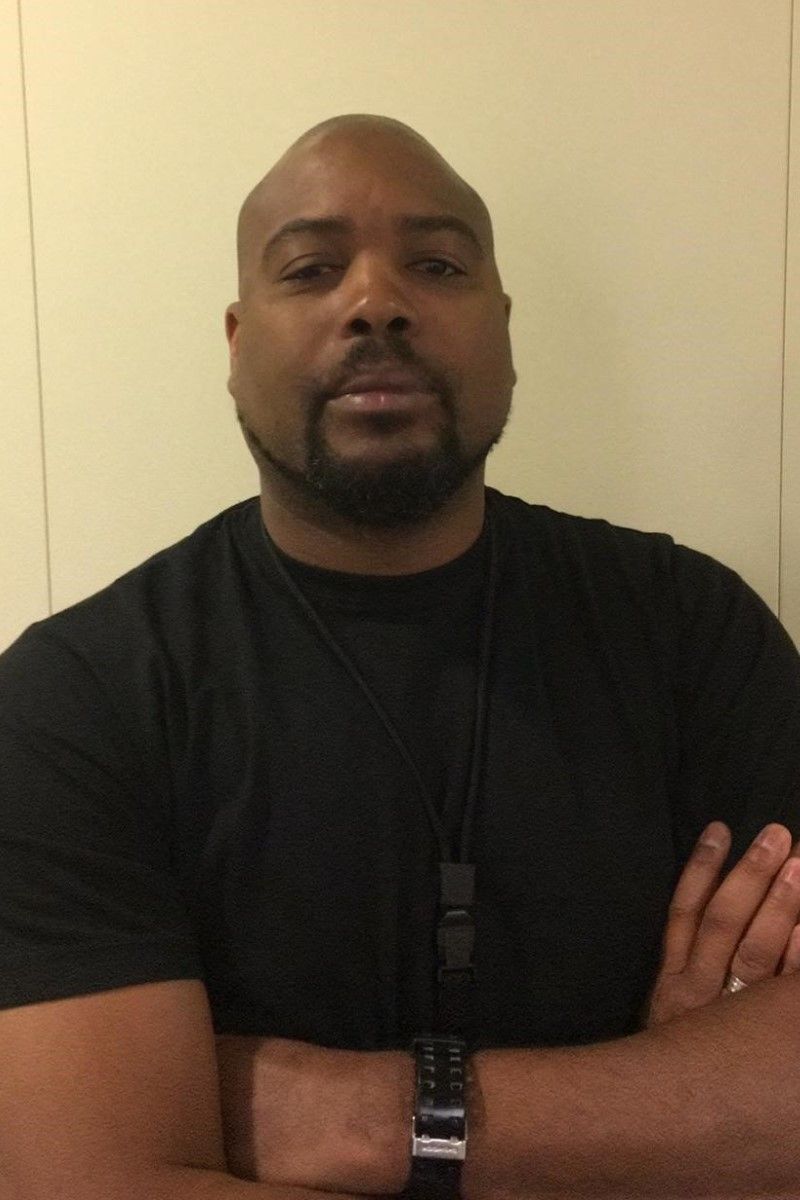Monopoly of Violence
One of the most important foundations of the democratic state is the government’s monopoly of violence. Certain public services, including the military, the police, the judiciary and the public prosecution service are legitimised to use violence to protect and defend the democratic state, and thus also to protect and defend its citizens. This requires a high degree of integrity and moral decision-making, since a misinterpretation of the monopoly of violence or a misuse of power that results from it can directly violate citizens’ rights.
G&I therefore feels a duty to support organisations operating within the monopoly of violence, and has developed years of experience in doing so in the Netherlands and internationally, advising policing and defence organisations and public prosecution services about integrity and moral decision-making.

Integrity and working within the monopoly of violence
The nature of the monopoly of violence inevitably means that organisations and employees who work within it are frequently confronted with morally complex decisions. The work of police and defence staff often does not allow time for extensive moral deliberation; action must often frequently be taken immediately and under dangerous conditions. Taking decisions with big consequences for citizens under heavy pressure can lead to a great deal of stress and even moral injury. And these organisations, like other government organisations, are not immune to integrity violations. There may be instances of professional negligence, interpersonal violations (sexual harassment, exclusion, bullying), corruption, (the semblance of) partiality, leaking of sensitive information etc. In short, the work of organisations operating within the monopoly of violence exposes staff to a multitude of integrity risks.
G&I has more than 25 years of experience supporting its clients in integrity, and is a specialist in building and strengthening organisational integrity systems. It has developed a consistent, coherent and systematic approach for managing integrity, which strengthens the moral judgement of organisations while reducing the number of integrity violations. Employees become better protected against temptations, violations by third parties and hard-to-refute accusations, and become better equipped to make decisions that do justice to all involved.
While G&I works for many different organisations with a public function, our advice is always tailored to and appropriate for the specific questions and problems of the organisation. The collaboration may take a structural form or may be more ad-hoc in nature, for example as a result of a crisis within the organisation. In those cases, G&I helps the client to analyse and manage the case.
G&I strives not only to support the client in the crisis period but to work with the client on structural solutions by building or strengthening the integrity system. This often begins with the analysis of the existing integrity system (link factsheet system analysis). The analysis leads to recommendation to improve the existing system or to develop it in its entirety. G&I then helps the client to implement those recommendations.

The integrity system of organisations consists of two pillars: a moral learning process and a compliance practice. The moral learning process leads to better decision-making and the accumulation of moral knowledge. A repressive and preventive compliance system leads to fewer violations as a result of preventive measures and handles the violations that occur in a correct and just manner way.
Because some of the work of police and defence staff carries extra risk, including when it comes to integrity, G&I can perform risk analyses into specific work processes, and make recommendations for managing these risks in a way that better protects those personnel.
Senior officials within the police, defence and public prosecution services are also vulnerable when it comes to integrity. Attacks on personal integrity, accusations that are difficult to investigate and threats of blackmail are just some examples of these vulnerabilities. G&I’s confidential risk profiling (link factsheet RP) is designed to protect officials against such risks.
Ministry of Defence
G&I has been working as an advisor of the Dutch Ministry of Defence for many years and, as such, among others things, has contributed to building the COID – the integrity desk of the Ministry of Defence. In the recent years G&I provided on a regular basis training on integrity and moral decision-making, has been undertaken a series of risk-analyses and various confidential risk profiles with senior officials. Our responsibility to the Dutch Ministry of Defence does not stop at national borders; we are also active in the Caribbean Netherlands. For the Coastguard in the Caribbean region, an extensive analysis of integrity risks was made.
National Police
G&I also works for the Dutch National Police and is currently discussing the possibility of a comprehensive integrity program for all police forces in the Kingdom of the Netherlands.
Public Prosecution Department
Over the years, G&I has also provided services for the Public Prosecution Department.
Sexual violence and interpersonal violations
We anticipate that preventing and handling cases of sexual violence and other interpersonal violations will become increasingly important in our work for these and other organisations, as it has in other sectors. See for example our in-depth study on both matters for the Netherlands Defence Academy.
Professionals

Monique Wijlhuizen
Advisor and trainer
Monique has both a broad political background, developed over years of working at a strategic and operational level in national politics, as well as extensive knowledge in the field of morality as a result of her PhD.
In 2017 Monique was trained by G&I as a trainer and integrity consultant. Public services operating within the monopoly of violence have her particular interest, because of the moral responsibility that rests precisely with these services when it comes to integrity.

Moniek Bouland
Director G&I International | Partner G&I
Advisor and trainer
Moniek started her career at PriceWaterhouseCoopers as a Strategic Risk Analyst in the financial sector.
She was involved in the construction and expansion of the Central Organization for Integrity for the Military and has over 15 years of experience as a consultant in the field of integrity, both in the Netherlands and abroad (in particular Belgium, Ukraine and the Caribbean).

Dayrohn Wiesken
Advisor and trainer
Dayrohn successfully performed many functions within the police forces of Curaçao and Bonaire. About 20 years ago, Dayrohn left the Caribbean and settled in the Netherlands, where he worked for the Dutch Armed Forces. Dayrohn was decorated for his performance and remains active in veterans organisations and the Association of Military Valour Award Bearers
His operational experience, hands-on mentality and ability to take decisive action allows him to work at both implementing and managerial levels. That makes him a powerful advisor, trainer and analyst.

Dorien Jeltema
Advisor and trainer
From 2008 to 2014, she worked as director to help shape G&I The Nederland as an organizational consultant. Then to date developing the G&I Care sector.
Since 2002 till present she works in the context of integrity policy, in particular as a certified trainer in moral judgment and the installation of a moral council in the context of a moral learning process in various organizations. Especially with government organizations such as municipalities, tax authorities, police, defene.

Eloy Weterings
Advisor and trainer
Eloy Weterings studied philosophy at Radboud University in Nijmegen. For G&I Nederland he works in the field of both political integrity and is involved, among other things, in setting up and developing moral learning processes within official organizations.
In addition to providing training, advice and guiding moral deliberations, he trains, in collaboration with a number of colleagues, process counselors for moral deliberation, focusing on the careful weighing of arguments.

Frans Geraedts
Partner G&I
Advisor and trainer
Frans studied philosophy and psychology at the University of Groningen. He advises a large number of municipalities and government bodies on the development of their integrity policy.
As a trainer, he mainly focuses on the governance and management of organizations, and gives the basic course on compliance to higher management.